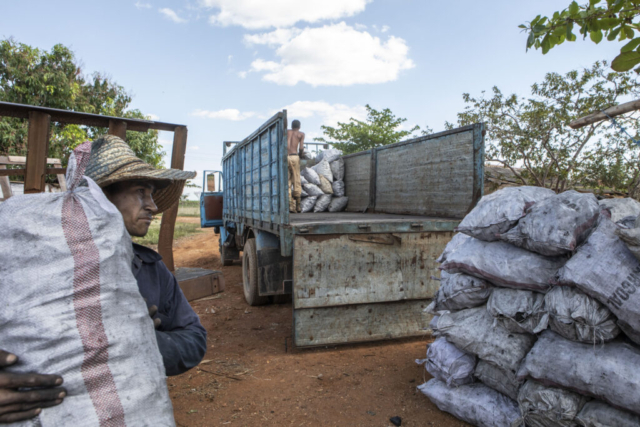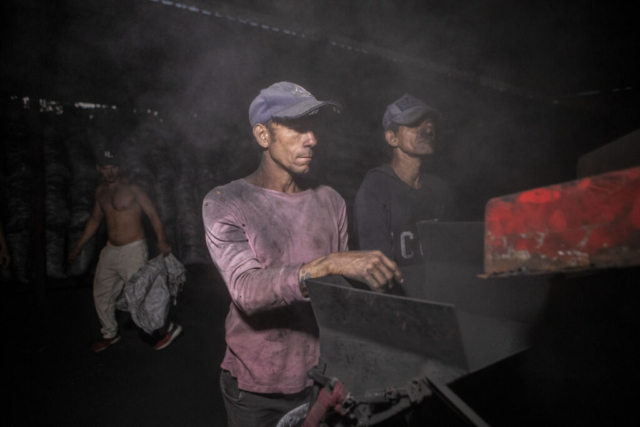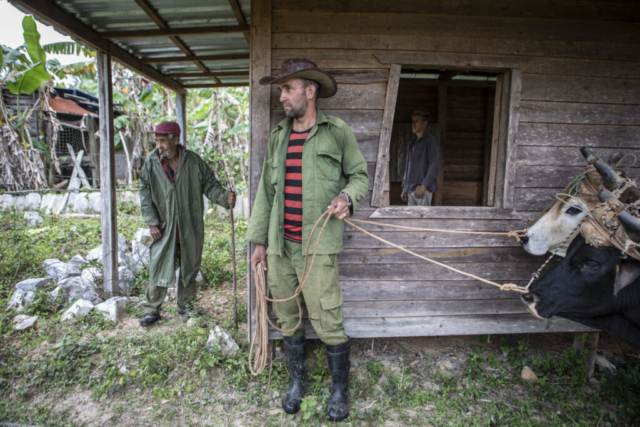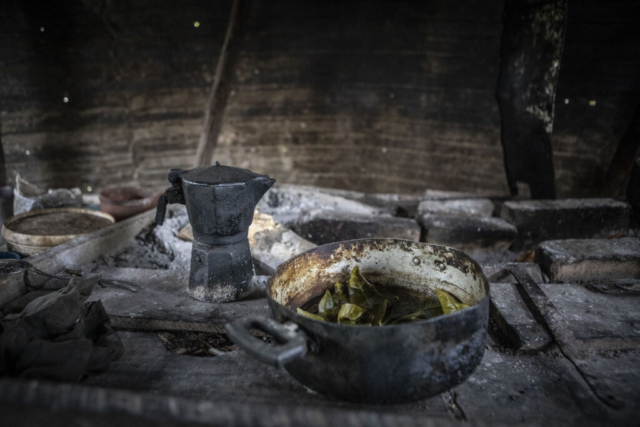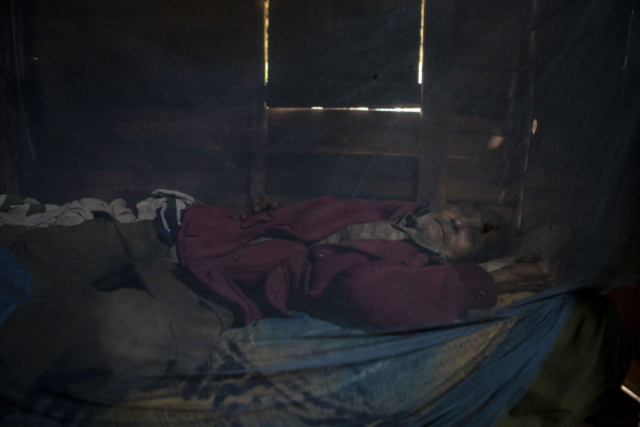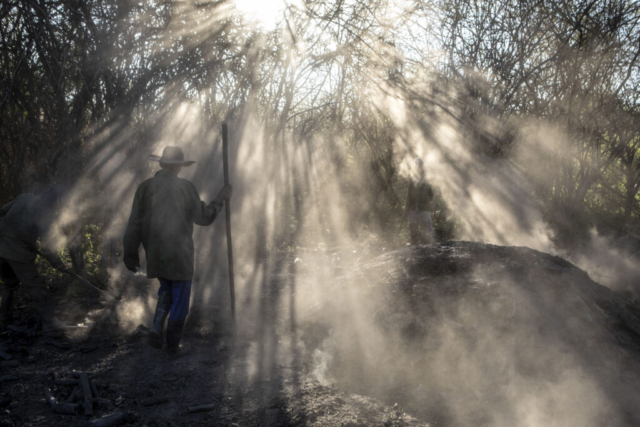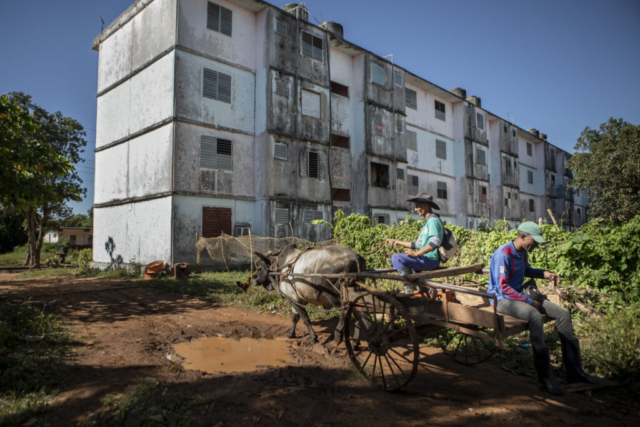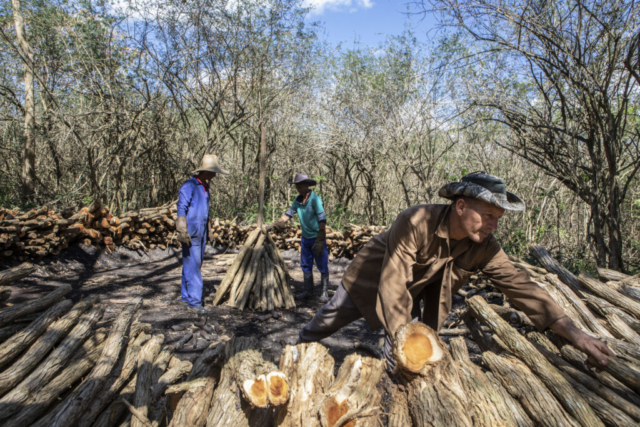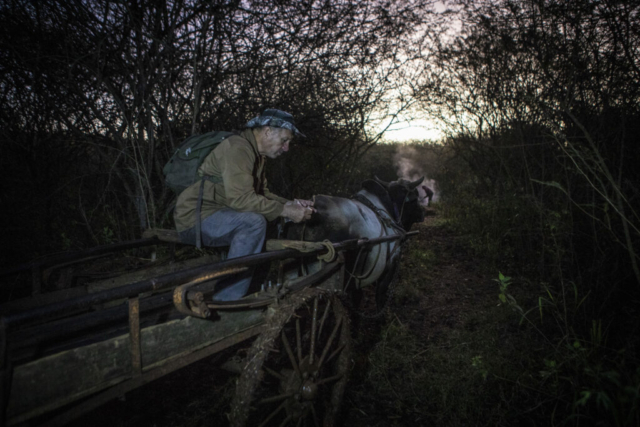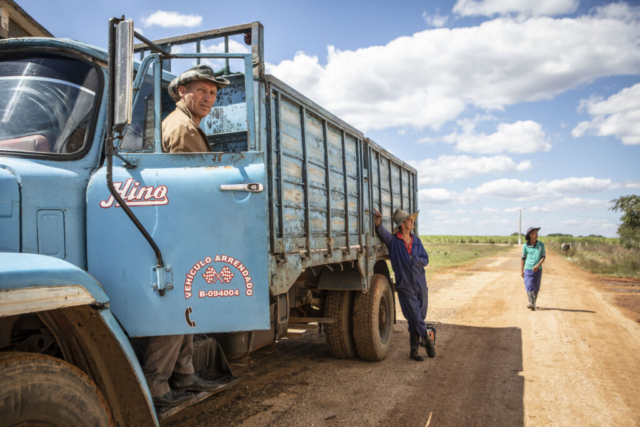Vegetal Charcoal is an important source of energy used by one-third of the world’s population to meet their needs. For millions of people, its trade is the main source of income, providing a vital economic safety net.
According to FAO data, about 3.7 billion cubic meters of wood were extracted from the world’s forests in 2016, 17 percent of which became charcoal. This process represents an important resource for many nations. For example, in the Democratic Republic of Congo, in 2019, for 87% of the population, charcoal is the main energy source for local communities. However, widespread use contributes significantly to deforestation.
In Italy, traditional charcoal production has ancient roots dating back to Phoenician times. Although this practice played a crucial role in the country’s energy and industry for centuries, today it is slowly disappearing, replaced by alternative energy sources.
However, in places like Serra San Bruno, ancient charcoal-making techniques still endure, handed down from generation to generation despite the toil and wear and tear of labor. In contrast, nations such as Cuba have found in the use of invasive plants, such as the “Marabou,” a unique opportunity for the production of high-quality charcoal without harming the forest environment. This practice, which is based on the hard work of people. has not only generated significant revenue for the Cuban economy currently in severe crisis, but has also demonstrated that it is possible to reconcile charcoal production with eco-sustainability, offering an example of balancing energy needs and environmental protection.
Using an anthropological approach, I aim to explore the method of charcoal production, highlighting the similarities that exist between different cultures during the process and bringing out the resulting environmental implications.
- All Posts
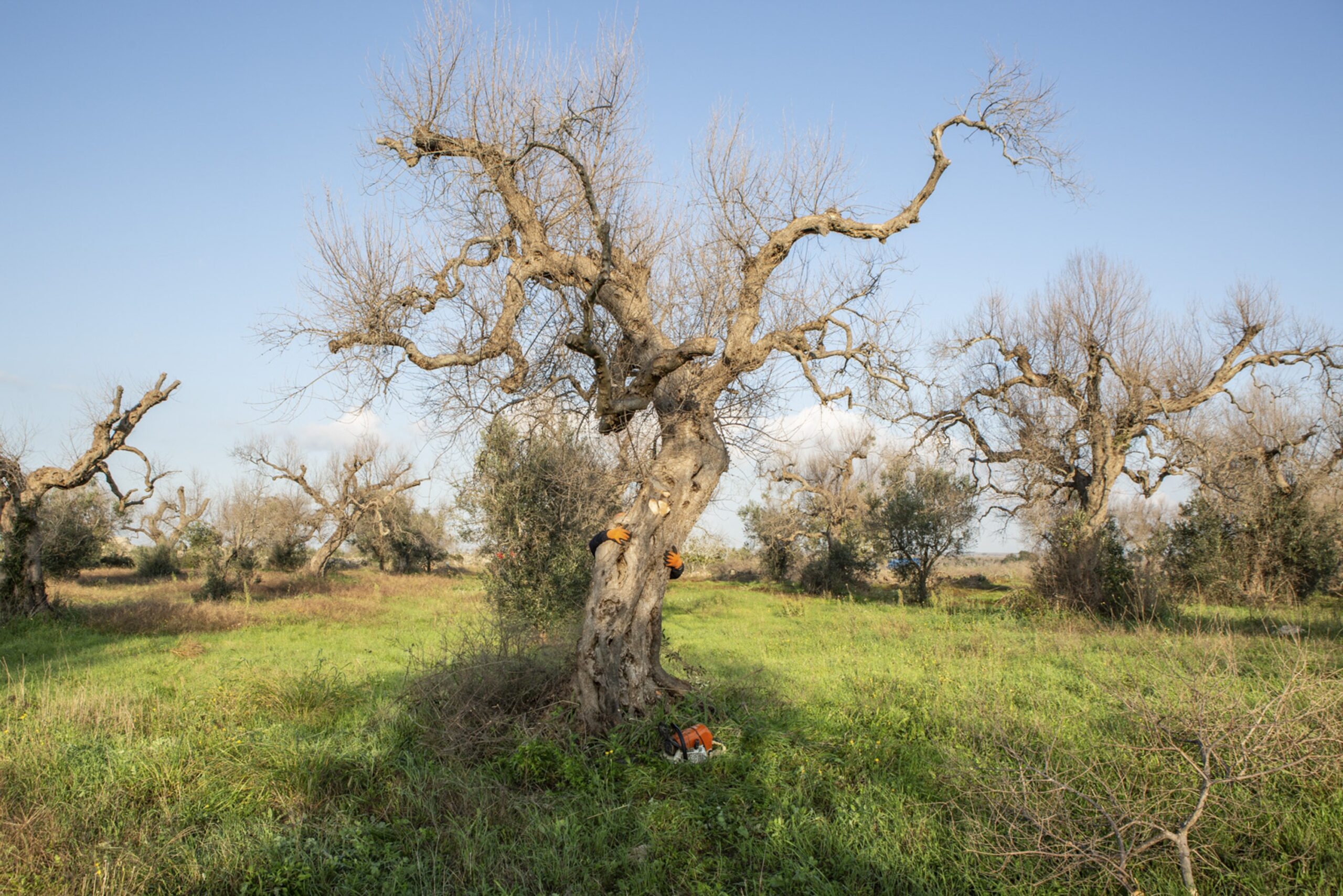
In Apulia, the Patriarchs, also called the Sages, are the secular olive trees that have characterized the region for hundreds of years and are now threatened with extinction. Prof. Purcell’s words urged me to deepen the research on this project. August 2013. Donato Boscia – coordinator of the department IPSP…

Amina is Italian-Palestinian, was born in Modena and has lived in Milan since 2015. She is a mother of six and founder of ‘Aisha Project’, a pioneer NGO in Europe that aims to empower women, promoting their freedom of choice and socio-economic independence. The association she founded in 2016 has…
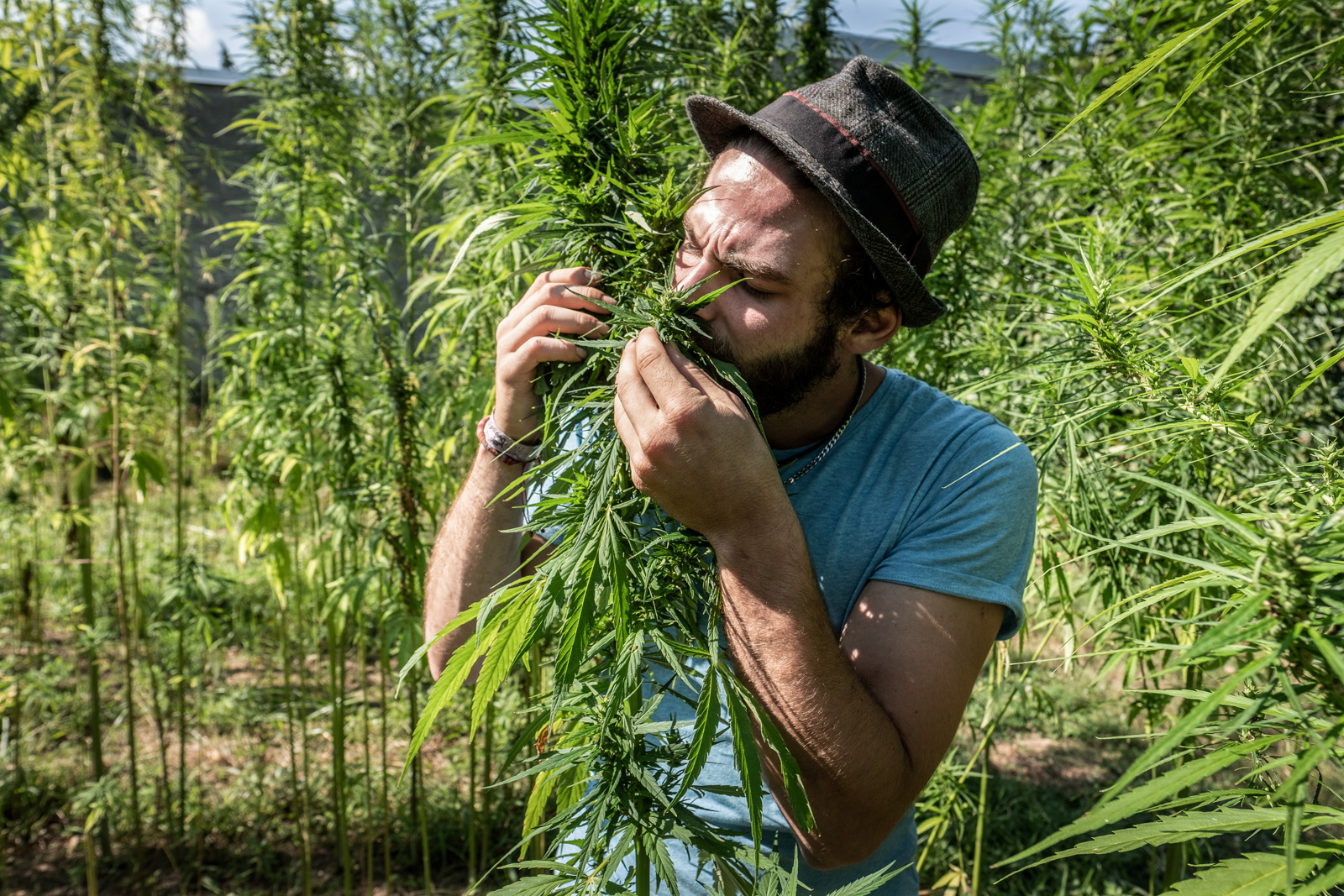
For the past 60 years, hemp has been in the global news and declared an illegal substance for both use and unauthorised possession. Following a first step taken in 2016 where the use of CBD (a molecule found in hemp) was legalised, on 2 December 2020 the UN Commission on…
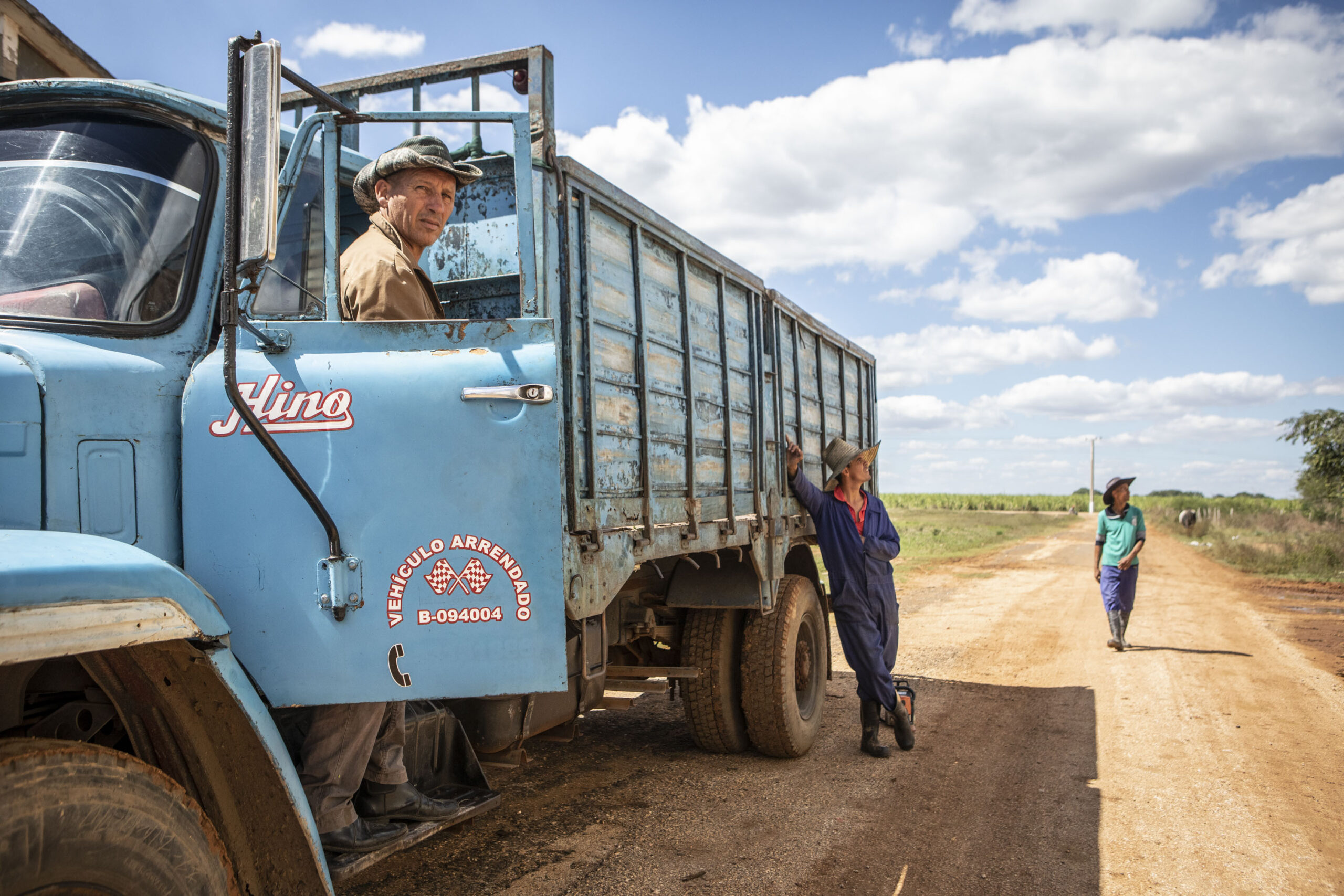
Vegetal Charcoal is an important source of energy used by one-third of the world’s population to meet their needs. For millions of people, its trade is the main source of income, providing a vital economic safety net. According to FAO data, about 3.7 billion cubic meters of wood were extracted…
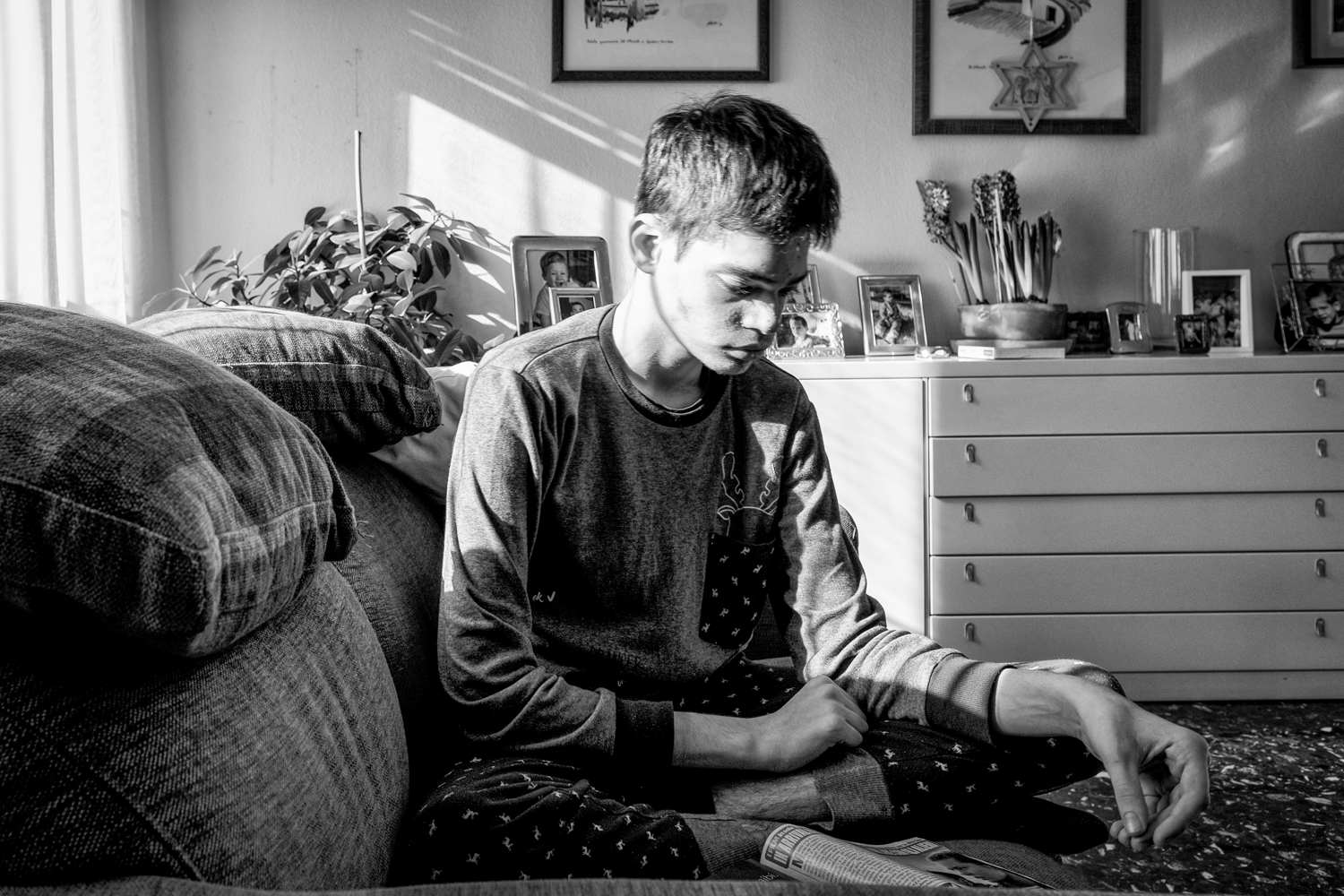
Giorgio, he is a boy and he is also a photographic project born in 2015, when Gianluca Colonnese (Paola, CS, 1979) decided to tell the story of the lives of some young people taken in by Casa Filippide, a socio-educational centre in Cassina de’ Pecchi (MI). Among them is Giorgio,…
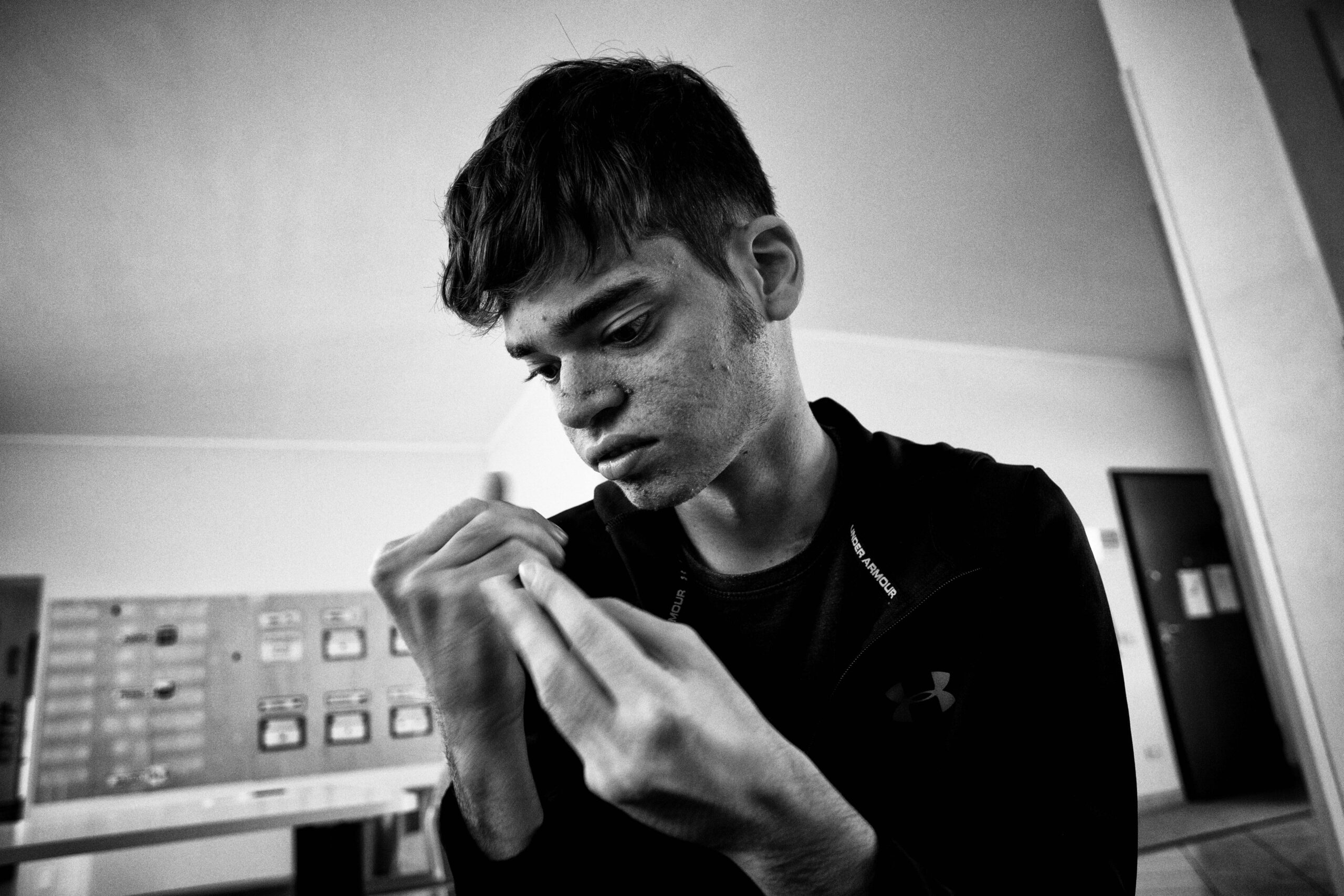
Who does not make noise In February 2020 the world suddenly found itself united by a pervasive health need, because Covid 19 knows no territorial boundaries, social conditions, age, gender, the pandemic affects everyone, highlighting the ‘fragility’ of people and states. According to ISTAT, there are 3.1 million disabled persons…

